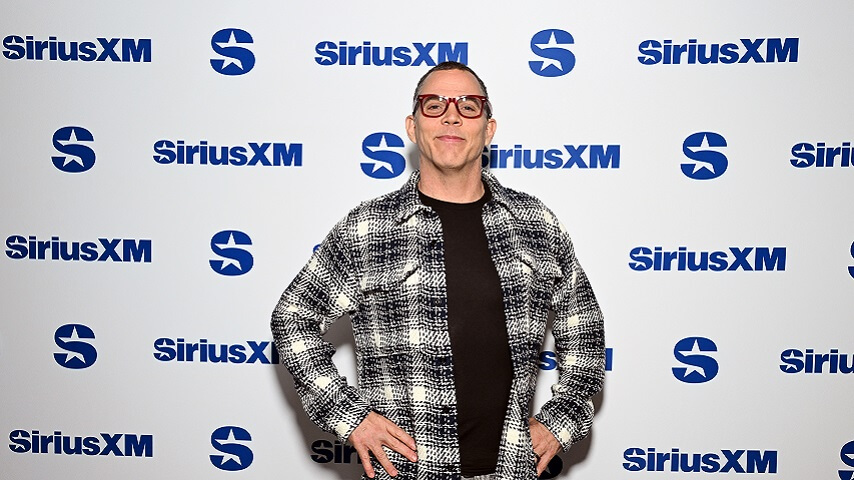For more than 20 years at this point, the collective group of comedians, actors, and artists who came out of MTV’s Jackass have pursued, with varying levels of success, an approach to their work that could maybe be summed up like this: “How do I subvert the taboos of society in a way people will find entertaining, without too many people going, ‘Ugh, fuck this guy’?” In that vein, it’s fascinating to read a new interview that veteran performer Steve-O gave to Consequence this week, discussing his ultimate decision to abort a previously announced plan to get breast implants for a span of roughly two months. He stopped, he says, because, on the day of his surgery, he met a trans person at the grocery store, asked them about the idea, and then listened when they talked about potential harm it might do.
Steve-O had been pretty vocal about the plan in recent months, announcing it as part of his upcoming “Super Dummy” live tour. Besides getting the implants, he had outlined a number of pranks he’d devised, many of them explicitly designed to trick people into thinking he was biologically female. That included attending the Sturgis Motorcycle Rally with his body and face disguised, and then confronting men he taped ogling him. “I would walk up to pull off my helmet and say, ‘Yeah, dude,’ and get this crazy reaction, which, predictably, would be contentious,” Steve-O said in the Consequence interview, later adding that “Like, I would’ve considered it to be better footage if I was to be beaten up at the motorcycle rally.” (He now acknowledges “that mentality was very flawed.”)
But the day the surgery was scheduled for, Steve-O says he saw that his check-out person at the grocery store was trans. “On the day that the scheduled surgery was supposed to happen, I was checking out at the supermarket. And the person ringing up my groceries was evidently transgender, and it struck me as a sign from the universe. So I asked the transgender person if I could run something by them, and I had a conversation with this person that had a profound impact on me.” Steve-O said that, while the person he talked to agreed with the basic idea that getting the implants would be “the ultimate statement of body autonomy,” “the part where I deliberately went out to trick people into thinking that I was a woman and then fooling them, and then kind of celebrating the idea of hate towards [trans people] — that was a thing.”
After the person in question—who, we feel like it’s worth mentioning, then presumably had to spend another 8 hours bagging groceries after doing this whole lil’ bonus job on Steve-O’s behalf—described the amount of hardships that trans people undergo in American society, he came to the conclusion that “framed like that, I thought about it in a way that I hadn’t before, where you know, wow, maybe it’s not all fun and games.”
There’s an enormous amount to unpack here, obviously, some of it pretty messy: Steve-O’s assertion that he hadn’t sat down to have any serious conversations with anyone in the trans community about the potential impact or messaging of the stunt, only to have one impromptu conversation with someone alter his whole thinking, feels pretty rough. “I didn’t really feel that I had to” have sit-down conversations about the plan, he asserts, because “I knew what my motivation was, I knew what my intention was, and it wasn’t to be hurtful to anybody. I was just trying to get laughs.” It’s great that he then actually listened, obviously, and is grateful “the universe put this encounter before me.” But it also feels like the sort of thing that shouldn’t fall on the universe’s shoulders. (Or, say, someone just trying to survive their grocery shift.) Instead of undergoing the procedure, and filming the pranks, Steve-O will now discuss the whole experience as part of his live show. Conceding that the situation was “a good thing,” the performer concluded, “I think it’s a very valuable trait to be able to admit when you’ve got things wrong,” which, while we might be critical of parts of the thinking here, is a damn hard thing to refute.


 Keep scrolling for more great stories from A.V. Club.
Keep scrolling for more great stories from A.V. Club.